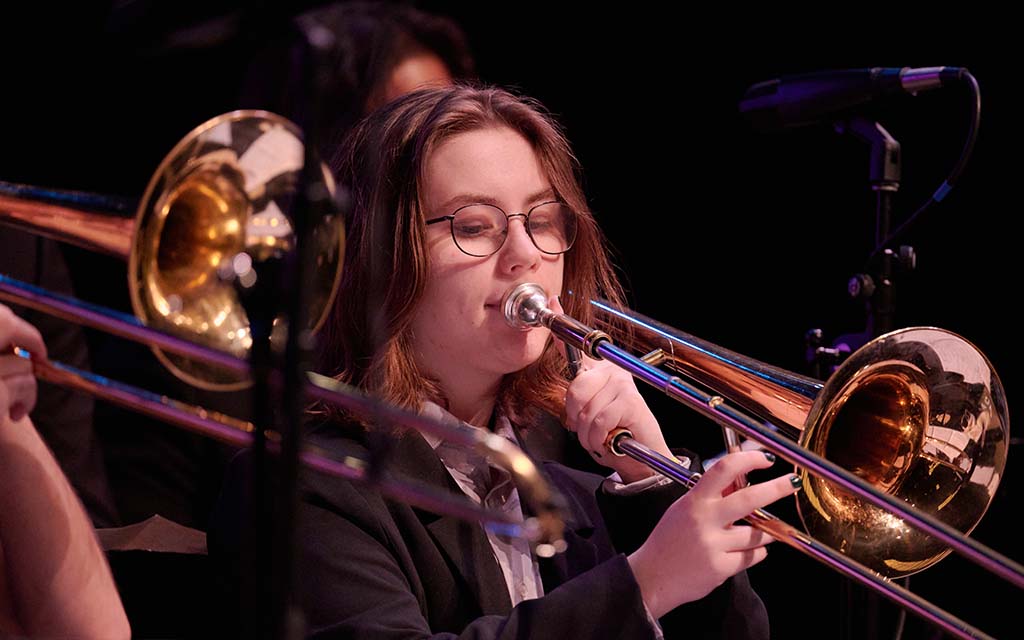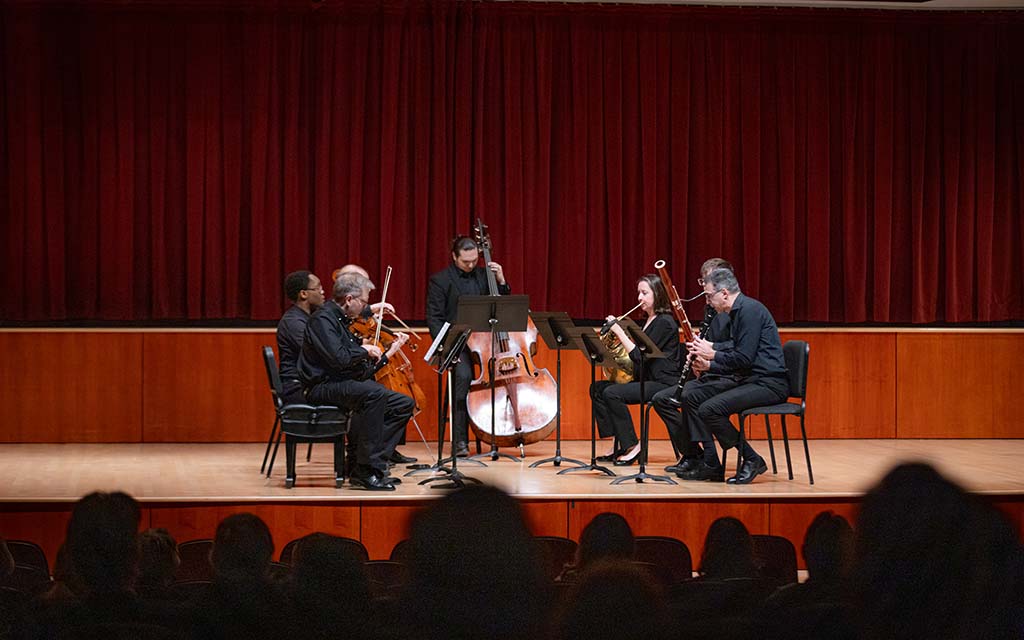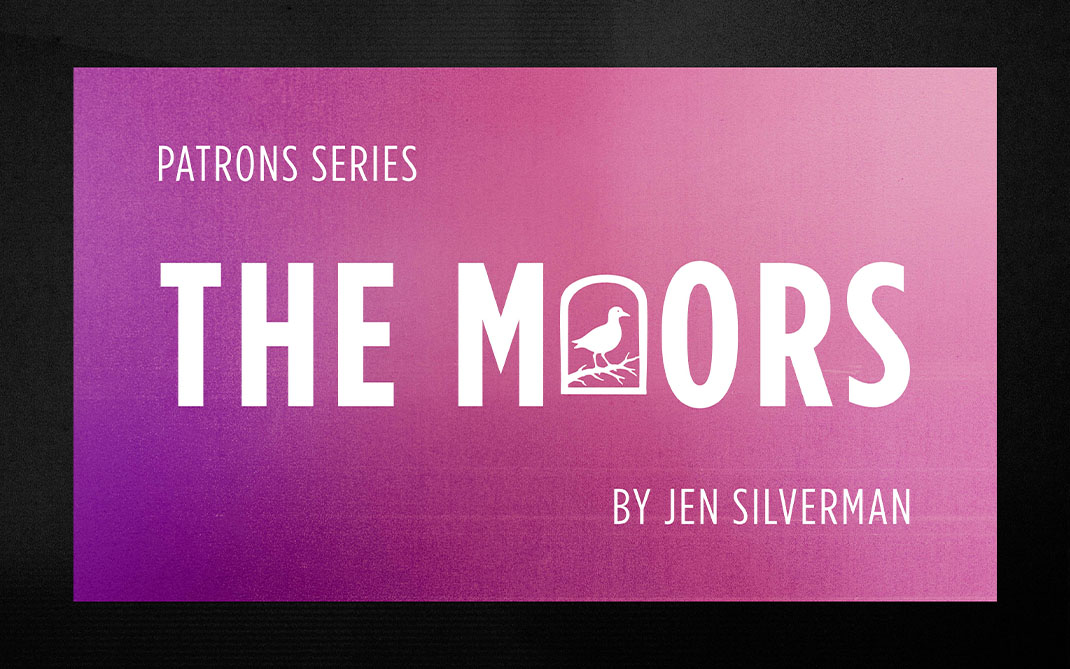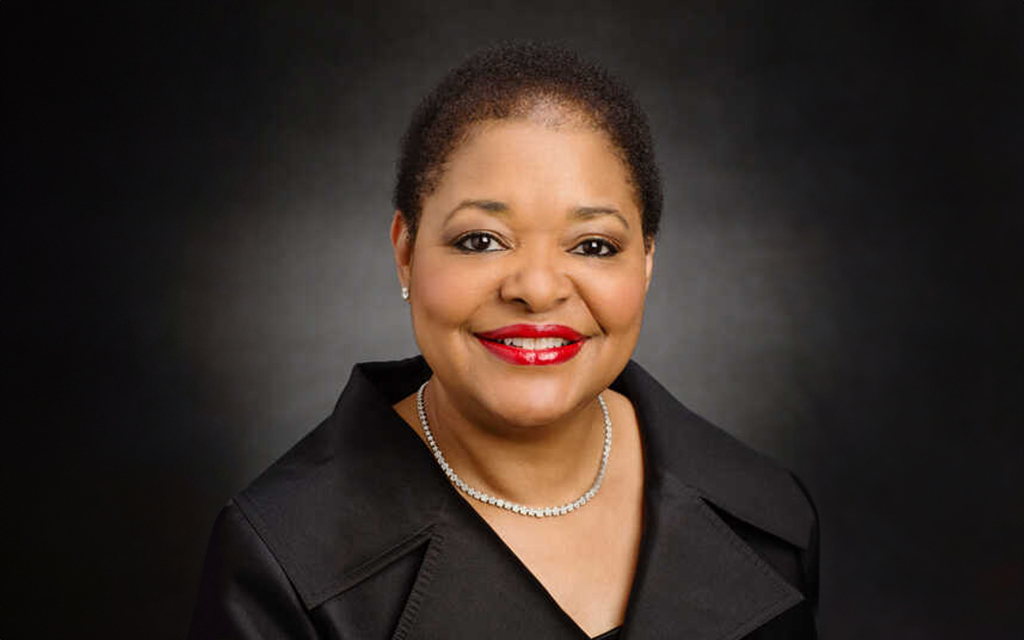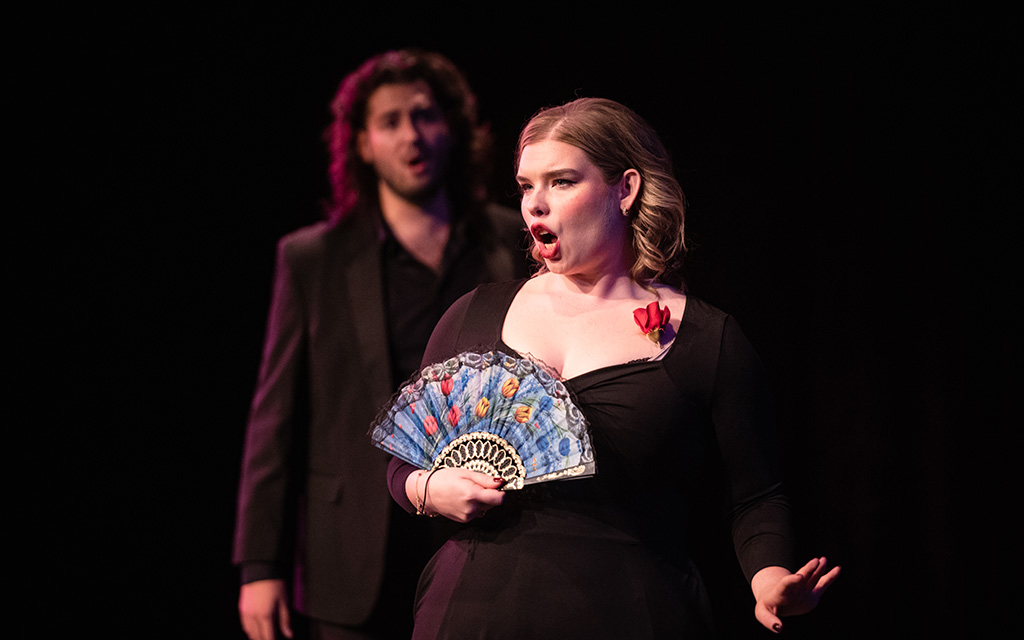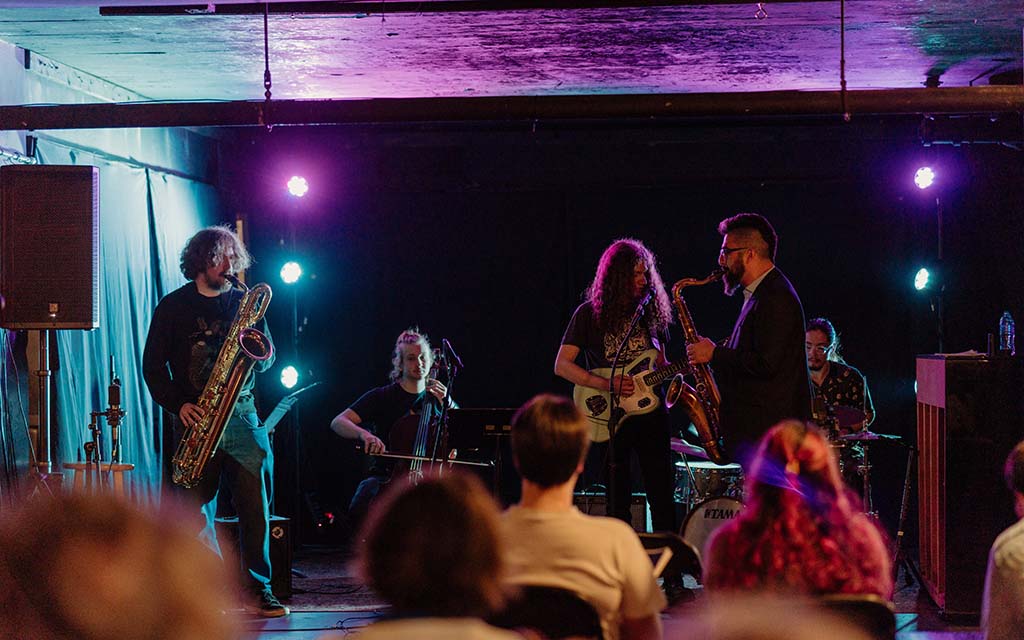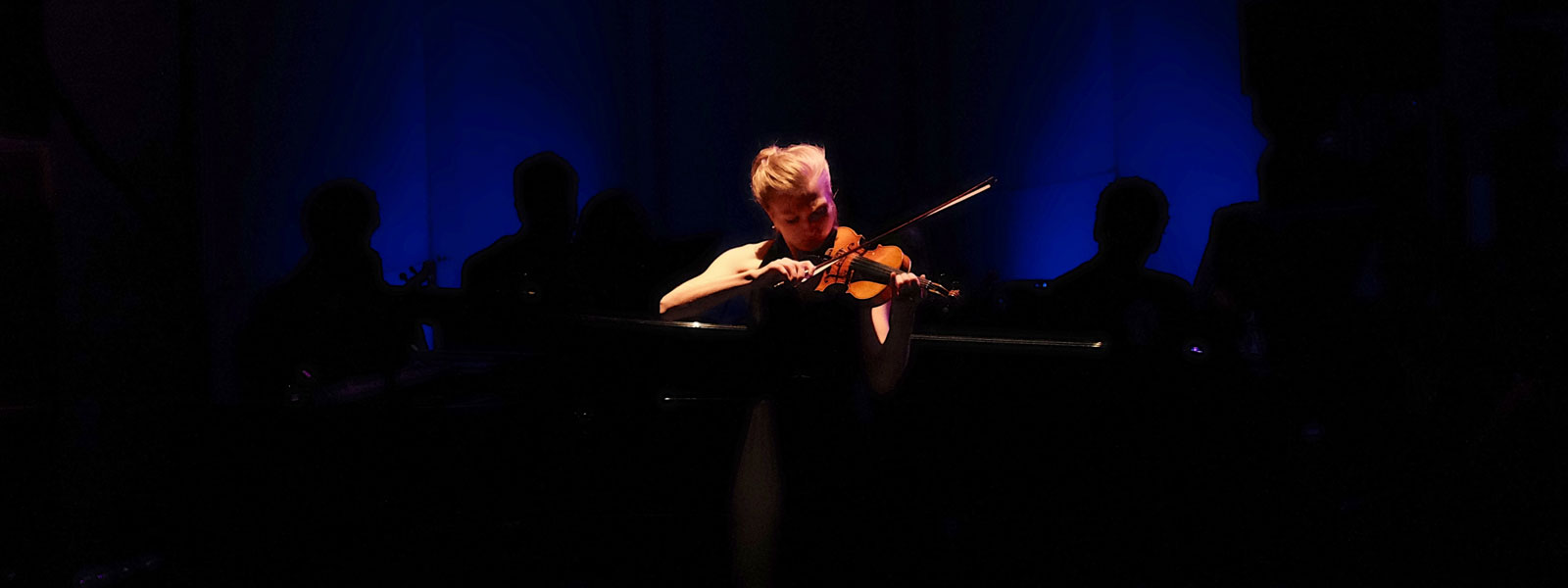5 ways to prepare for your School of Music audition
We’ve got it, the secret to preparing for a successful music audition. The one thing you can do to put yourself at ease, minimize your anxiety and perform your best is—drumroll, please—be prepared.
Before you roll your eyes, hear us out. There’s a case to be made here for the ways in which preparation can translate into calm and confidence on audition day.
UNCSA percussion professor John Beck has been talking about audition preparation for years, and he is bringing that discussion to courses he teaches to high school, undergraduate and graduate students across the School of Music.
For Beck, the secret really is as simple as being prepared. This encompasses much more than practicing and perfecting your music, extending to any number of small details surrounding your audition.
“We truly want to see you at your best,” Beck says. Here are a few ways the right preparation can help your best self shine on audition day:
1. Get comfortable with being uncomfortable
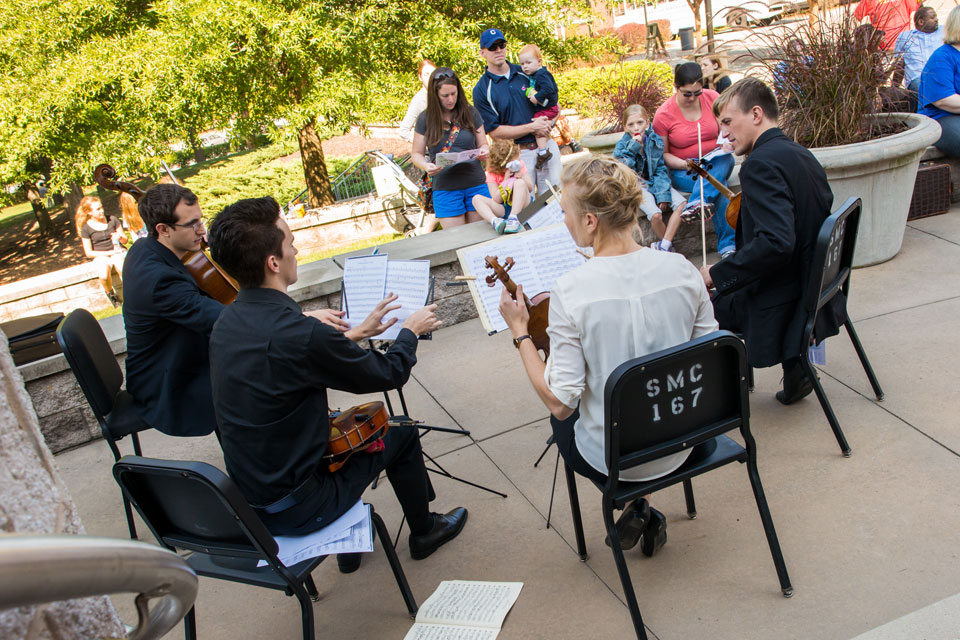
Learn to play in a variety of settings with different distractions. Photo: Drew Davis
As master performance coach Dr. Don Greene puts it, most musicians know how to practice practicing, “but to play your best when it really counts, you have to practice performing.” Greene embraces the notion of the awkward situation through adversity training, a method adopted by organizations like the New World Symphony and others, that purposely puts students into unusual and distracting performance conditions.
“Performance is an uncomfortable situation,” Beck says. Once you’ve accepted that, then you can prepare for it. “The more times you can put yourself in an uncomfortable position, the easier it gets.” It also helps you discover your own coping strategies, something you might find useful if—heaven forbid—the fire alarm sounds in the middle of your audition or the someone's phone starts to ring.
2. Communication is key
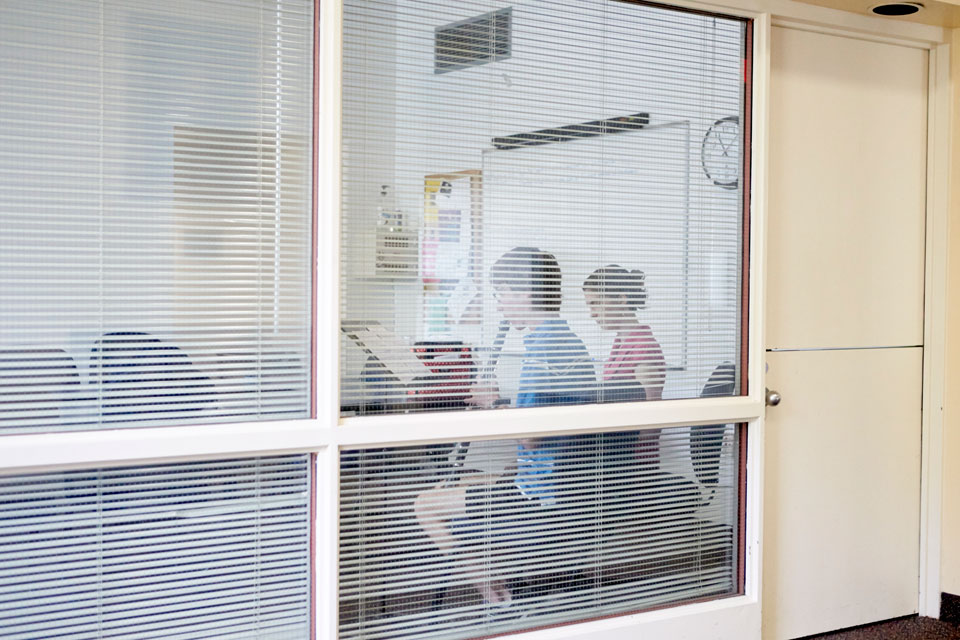
Lessons are a great way to connect with instructors before the audition. Photo: David Hillegas
Feel free to contact instructors as early as the summer before you apply and audition, Beck says. Request to meet with them and take a lesson if you are able to.
You can also connect via email with questions about the audition or program ahead of time. “Ask questions that you can’t find the answers to on the website. Make sure you’ve thoroughly read through the admissions and other sections,” he says. Questions about something that isn’t readily discoverable will show that you’ve done your homework and help your name stand out when audition season rolls around.
If you haven’t done this and your audition is quickly approaching, don’t panic. You can prepare similar questions for the audition itself. Take advantage of the chance to conduct your own "interview" with questions that can help you determine if the school is the right fit for you.
Finally, don’t forget the follow-up. Your audition isn’t necessarily done once you leave UNCSA. Send a follow-up email to the instructor or audition panel thanking them for their time.
3. Prepare more than just your music
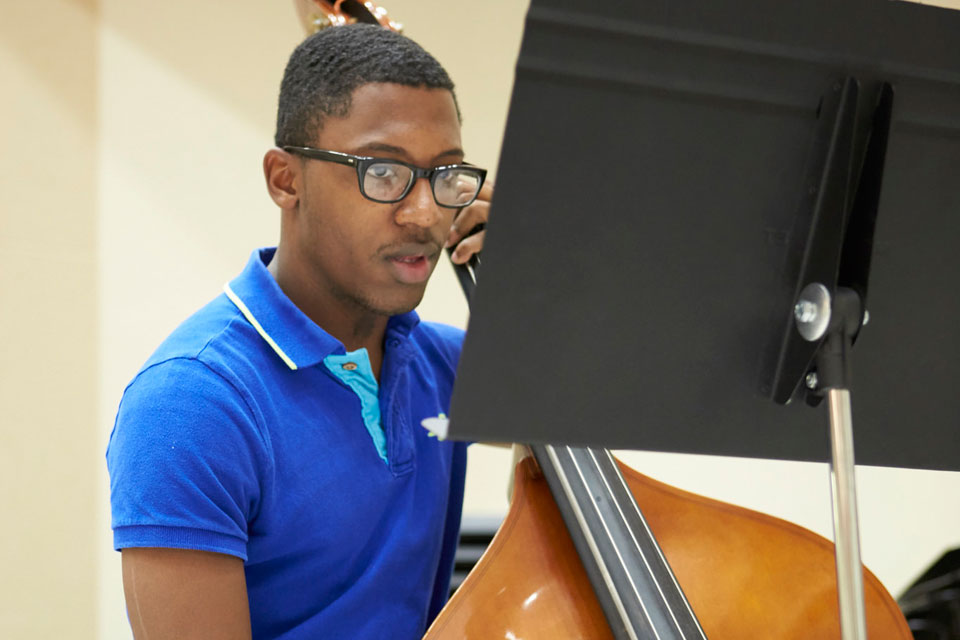
Prepare for the entire audition, which includes and interview, testing and paperwork. Photo: David Hillegas
Obviously, the music is the focus, but being prepared means more than just perfecting your audition repertoire. Your audition at UNCSA includes an information session, campus tour, brief warm-up period, the audition itself and an interview with the instructor or panel for your instrument. Make sure you have prepared for ALL facets of the audition process, which usually lasts about half a day.
Your audition may be with a single instructor or a committee of multiple people. Be ready for either. And Beck recommends practicing at the same time of day as your assigned time on audition day, since your body and mind may be accustomed to your regular routine.
He also has another heads-up: “Your warm-up will not feel like an adequate amount of time.” What he means is that the time between your information session and audition allotted for warming up may feel short (is there ever enough time!?). Don’t let this intimidate you, but instead expect to feel this way and be prepared for it.
Finally, make sure you have submitted all paperwork before your audition (this includes your artistic statement, resume and recommendation letters). This will help instructors make a well-rounded decision, not only based on your musical abilities, but accounting for what others have to say about you and your preparation of your complete application. It may also speed up the admissions decision, as you won’t have to wait while you hunt for missing documents after the audition.
4. Consider the location
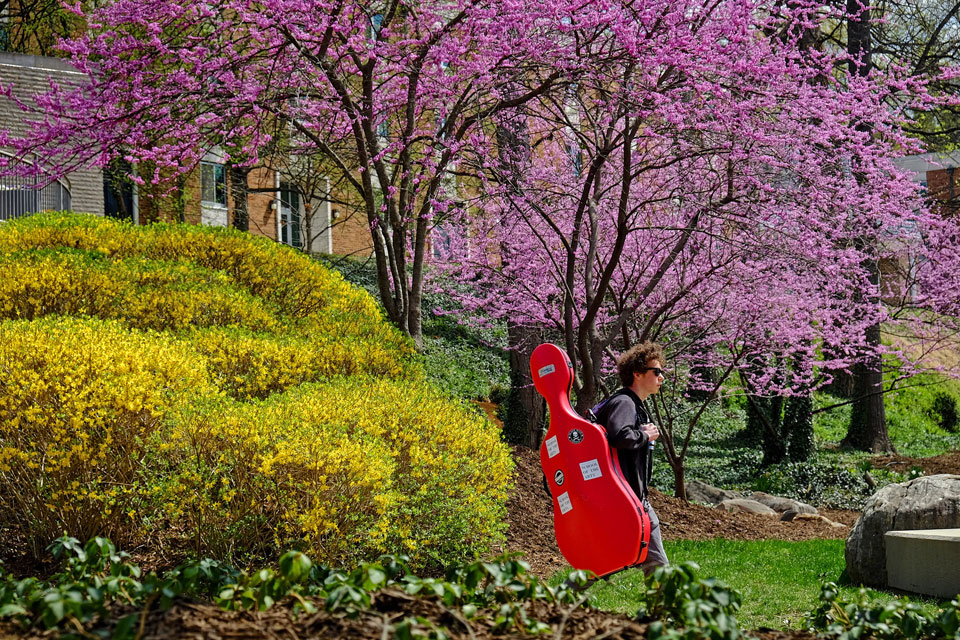
Take advantage of your time at UNCSA to get a feel for the campus. Photo: G. Allen Aycock
While UNCSA is not a very large campus, it is spread out on hilly terrain. Keep in mind that you could be doing a fair amount of walking up hills and stairs to get from one location to another during your audition.
Take advantage of your time on campus. Don’t be shy—poke your head into classrooms, talk with current students and get to know the place where you could potentially spend the next several years. The relatively small size and close-knit nature of UNCSA means you can get a real sense of the campus community by spending a little time exploring while you’re here.
5. Don’t sweat the small stuff
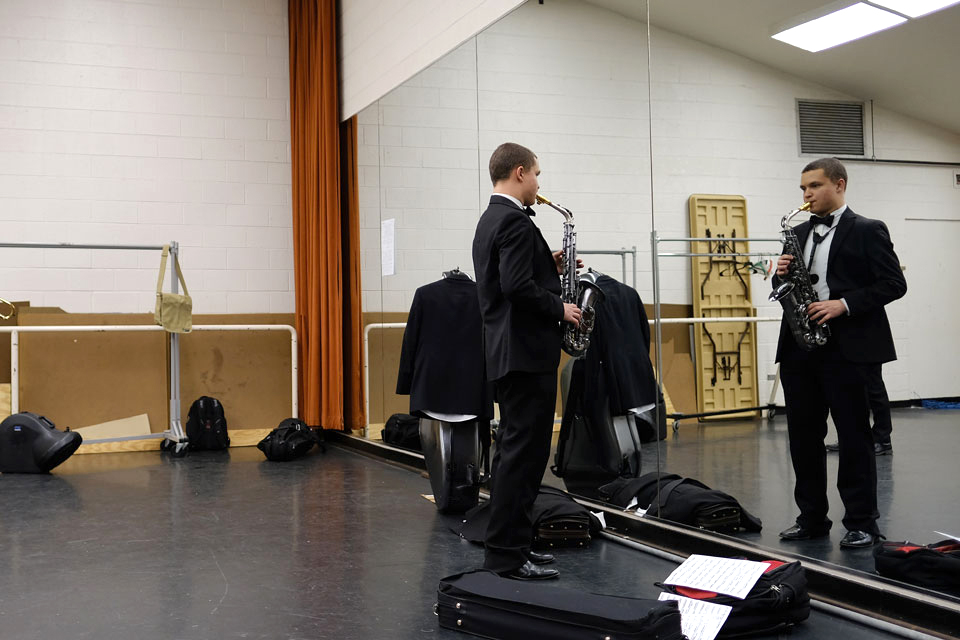
Practice in your audition clothing ahead of time. Photo: Ken Bennett
Sometimes preparing yourself in many small ways can make all the difference on the big day by preventing you from getting sidetracked by minor details. Here are a few more odds and ends to keep in mind:
- Hydrate and breathe. When you get nervous, your mouth may get dry and your breathing changes. Bring your own bottle of water to the audition and be conscious of your breath. Release a good, long exhalation (and all that tension) just before you perform.
- Dress for success. Try on and run through your audition in the clothes you plan to wear—accessories and all. If any item of clothing is too uncomfortable, consider wearing something else.
- Record, watch and listen, repeat. Get out your phone and record yourself playing your audition pieces. Watch and listen for areas of improvement. Repeat this process with your friends, music instructor, parents and pet goldfish (ok, maybe not the goldfish). Ask for their feedback and enlist their help to create some of those awkward situations we talked about earlier.
- Treat the audition like a job interview. “Your audition starts as soon as the door opens,” Beck says. Be confident, shake the instructor’s hand, bring a portfolio with copies of your résumé, repertoire list and audition program. And remember—you are also conducting an “audition” of sorts to determine if the school is the right fit for you.
Need a little more advice on nailing your next performance (audition or otherwise)? Check out what UNCSA students have to say about how they prepare for big School of Music performances.
January 31, 2017
